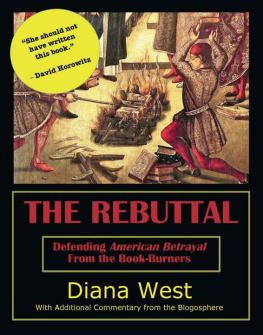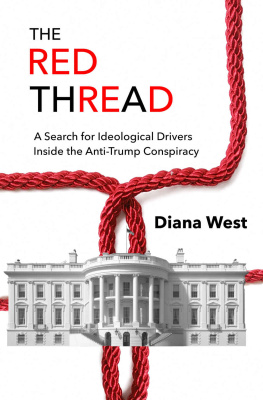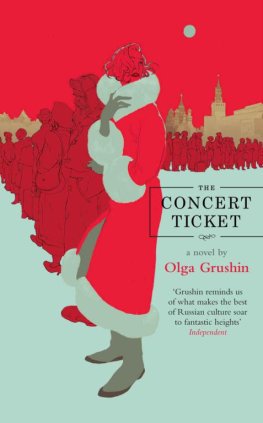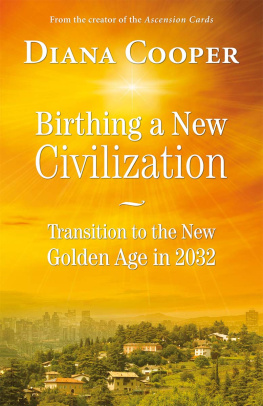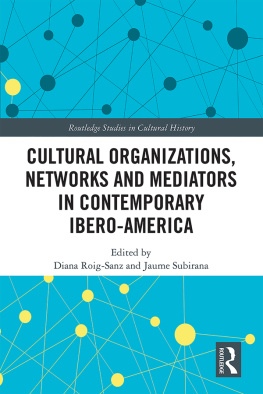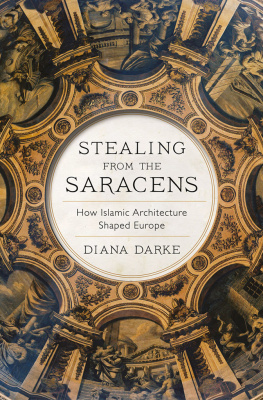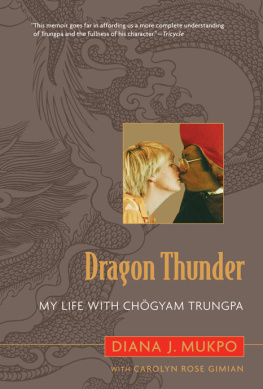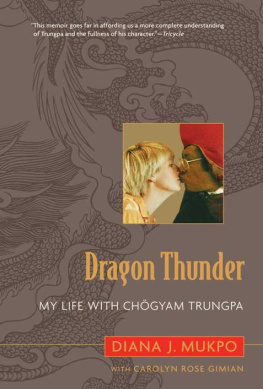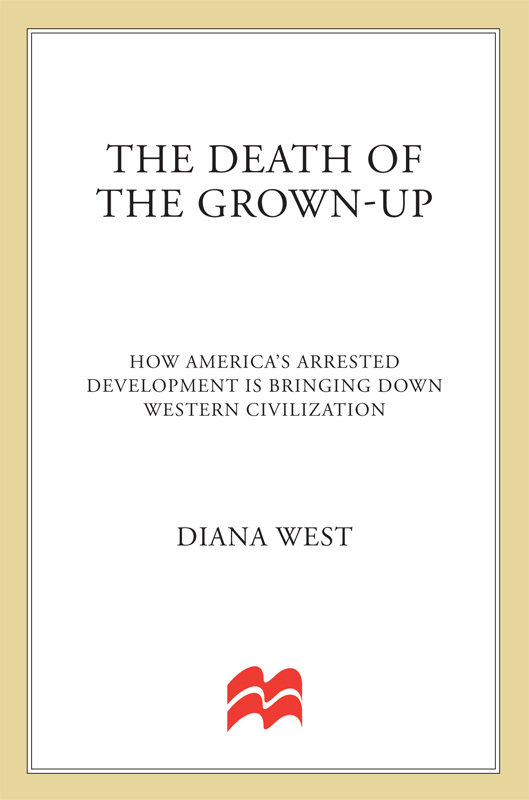
The author and publisher have provided this e-book to you for your personal use only. You may not make this e-book publicly available in any way. Copyright infringement is against the law. If you believe the copy of this e-book you are reading infringes on the authors copyright, please notify the publisher at: us.macmillanusa.com/piracy.
CONTENTS
TO DAD, WHO SAW IT ALL, AND TO JIM, WHO SAW ME THROUGH
ACKNOWLEDGMENTS
None of this would have been written without three people: my dedicated agent, Craig Wiley, and two editors at St. MartinsElizabeth Beier, who refused to let go of the idea, and Michael Flamini, whose enthusiasm and support made it possible for the idea to become a book. I would also like to thank Andrew Bostom for his essential expertise.
PREFACE
In the late 1960s1969, to be precisemy parents decided to take our family of four away from Los Angeles to live in Ireland for a year. This was no sabbatical year out; my father was a writer, not an academic. We had no Irish roots drawing us back to the Old Sod. It was a wholly, happily, arbitrary decision. With the advance for a novel my dad ultimately didnt write (Ill get to that below), my parents once again failed to buy an apartment buildingmy mothers recurring, if insincere, lament on financial stabilityso they could move abroad for a while. This would extend the book money, the parental rationale went, because we could live more cheaply than at home in some plainly impoverished, but richly atmospheric Western European country, a few of which still existed in those days. Even then, though, living like an American anywhere in Western Europe was never going to add up to an austerity package. But what fun.
The way I remember itI was going on eightmy parents were sitting up on their bed one Sunday night, leafing through travel brochures on Portugal, while my brother and I were watching The Wonderful World of Disney from a spot on the floor at the foot of the bed. The Disney movie of the week was titled something like The Secrets of Boyne Castle, and the sparkling lushness of the movies Emerald Isle locations, castle and all, was spellbinding. We should go there, said Jed, turning my parents attention to the screen.
We did. After renting our house in Laurel Canyonand our cat, as my own daughters have disbelievingly pointed outafter crossing the country by train in five days (Jed and I barely made it back on board in time after a station stop in Albuquerque), after crossing the Atlantic on an ocean liner in seven days (the SS Nieu Amsterdam, an art deco gem), we arrived in Cobh, County Cork, on the southern coast of Ireland. Did I mention my dad didnt like to fly? Anyway, it was a momentous crossing. Between the time we sailed out of lower Manhattan and the time we docked in Ireland, big doings had convulsed his publishing house. His novel was to have been about a Berkeley professor and Spanish Civil War veteran who had had an Orwell-like epiphany regarding the evils of the communist Left, which he saw reconstituted around him in the antiwar campus protest movement. This, apparently, had not pleased the little commissars on the editorial staffsome number of whom had been in or of the campus protest movementand they threatened to resign en masse if my dads book stayed on the list. Not the most liberal reaction, at least in the classical sense of the word, but so it went. To make a short story shorter, my dad ended up writing another book that year.
There was another rupture to come as a result of that same passage to Ireland, one I didnt fully comprehend until recently. On returning to the States toward the end of 1970, it became clear that our year away from American culture had been transformativeat least for me. At first, the change seemed superficial. Back in the fourth grade in Hollywood, California, after a few funny looks from other kids, I quickly stopped standing up when the teacher addressed me as I had been expected to do in the third grade in County Wicklow, Ireland; the chirpy Anglo-Irish delivery I had picked up in Eire faded out about as fast. But there was something else about the experience that turned out to be formative in a lasting way. That year in Brittas Bay, a seaside hamlet forty miles south of Dublin, we had a radio tuned to the BBC, but no television, no record player. There were, of course, no such things as CDs, iPods, or the Internet. We rode horses year roundmy brother hunted; I was too youngand, in high summer, swam in the very icy Irish Sea. In the evenings, before a genuine coal fire, we read and played gin rummy. We all drew pictures of each other. I learned to write with pen and ink at my two-room schoolhouse. The most significant twentieth century interjection into this nineteenth-century idyllbesides cars and indoor plumbing (and not everyone in our community had that by a long shot)must have been the small stash of cassette tapes that my dad had brought from home.
He had made these tapes, idiosyncratically enough, by hanging a microphone in front of the television at home to record portions of old movies that aired, sometimes at very odd hours, in those pre-DVD days. The songs of Seven Brides for Seven Brothers (1954), for example, by Johnny Mercer and Gene de Paul, formed a big part of our Irish soundtrack, which I now see had the curious effect of sending me off to school on misty mornings partly blowing, partly humming Bless Your Beautiful Hide under my breath. Or maybe it would be The Road to Zanzibar, by Johnny Burke and Jimmy Van Heusen, as crooned by Bing Crosby in, well, The Road to Zanzibar (1941), starring Crosby, Dorothy Lamour, and Bob Hope. You get the idea. Another part of the family scene were extended audio clipsnon sequiturs to me, who hadnt actually seen the moviesfrom high-style dramas like The General Died at Dawn (1936), starring Gary Cooper, Madeleine Carroll, and Akim Tamiroff, with an exotically thrilling score by Werner Janssen.
There was nothing unusual about such family entertainment in a house where old movies commanded special attention, and not just because my dad was a screenwriter as well as a novelist. He had spent his formative years, all of them, under the gilded dome of the Loews Kings movie palace on Flatbush Avenue in Brooklyn, not just seeing Dinner at Eight as soon as it came out in 1933, but seeing it eight times. His father, a former vaudevillian, managed the Kings (still standing) through Hollywoods golden age, and there my father received a cinematic and musical education he passed on, in some large measure, to us, his kids. By 1969, this period of the 1930s and 1940s already seemed like a long time ago, although it is interesting to note that The General Died at Dawn, for example, was thirty-three years old in 1969, a little younger then than Easy Rider (1969) is now.
The point is, it was the year of Woodstock, and I, an American kid, wasnt listening to Joni Mitchell, The Who, Joe Cocker, or even David Cassidy. I wasnt watching Rowan & Martins Laugh-In, or even Bonanza. When I left the States, I was a seven-year-old who bobbed and bounced to whatever came out of the little speaker holes in the the pink transistor radio my parents told me to take upstairs; when I came back home again and turned nine, I really didnt want to turn on the radio. I did eventually, but not until long after our Irish idyll had come to an end. Having been temporarily yanked from the mainstream, reentry as a teenager was perhaps inevitable, if only for social survival. But the mainstream was never my natural habitat. And it still isnt.


